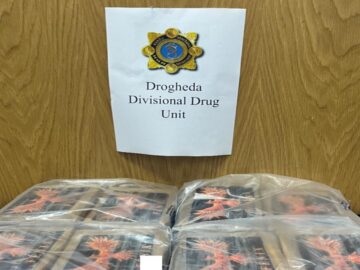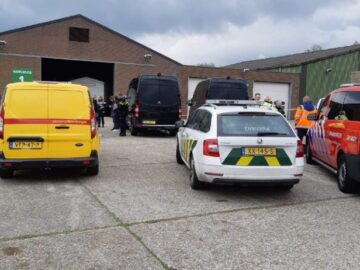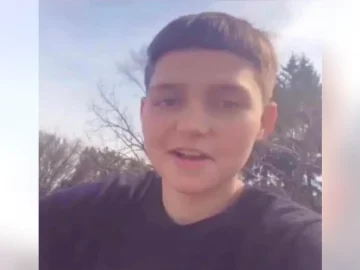Cities sue ‘ghost gun’ parts manufacturers as homemade firearms are tied to more crimes
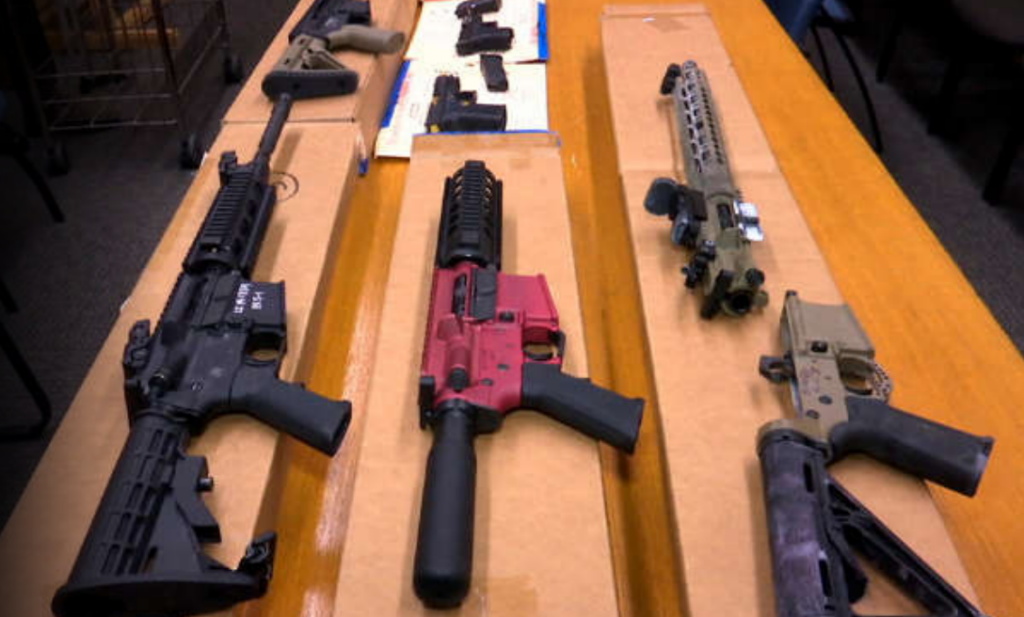
In San Diego, a shooting spree in April killed one man and injured four others.
In Brooklyn, New York, a 17-year-old student is accused of trying to smuggle a loaded gun into a public high school earlier this month.
And in Douglas County, Georgia, just west of Atlanta, the sheriff says a 13-year-old boy shot and killed his sister by mistake in late November.
The locations and circumstances differ, but they all involved “ghost guns”: untraceable firearms that can be assembled with do-it-yourself kits bought online, enabling buyers to evade background checks.
As the number of incidents involving ghost guns jumps in several parts of the U.S., particularly in California, some municipalities are firing back with lawsuits and other legal challenges that accuse manufacturers of violating laws and undermining law enforcement.
Los Angeles and San Francisco, aided by nonprofit gun control groups and private law firms, have filed civil lawsuits that argue sellers are undermining law enforcement efforts to keep illegal weapons out of people’s hands and prosecute those who use the guns to commit crimes.
The District of Columbia has sued the same manufacturer targeted by Los Angeles, arguing that the company’s products account for most of the ghost guns recovered by local police in recent years.
After the New Jersey Attorney General’s office sent a cease-and-desist letter in 2018 to ghost gun parts makers nationwide, 15 companies agreed to halt their sales there. The state sued another manufacturer that ultimately agreed to pay a $70,000 settlement.
‘A significant public safety threat’
Government officials say they have fielded inquiries from other municipalities that may pursue similar legal challenges as they battle ghost-gun-related violence.
“Ghost guns have become a significant public safety threat in a way they weren’t even two years ago,” said Cyrus Vance Jr., the Manhattan district attorney in New York City and a co-founder of Prosecutors Against Gun Violence.
“Civil lawsuits are very important in addressing the threat,” he said.
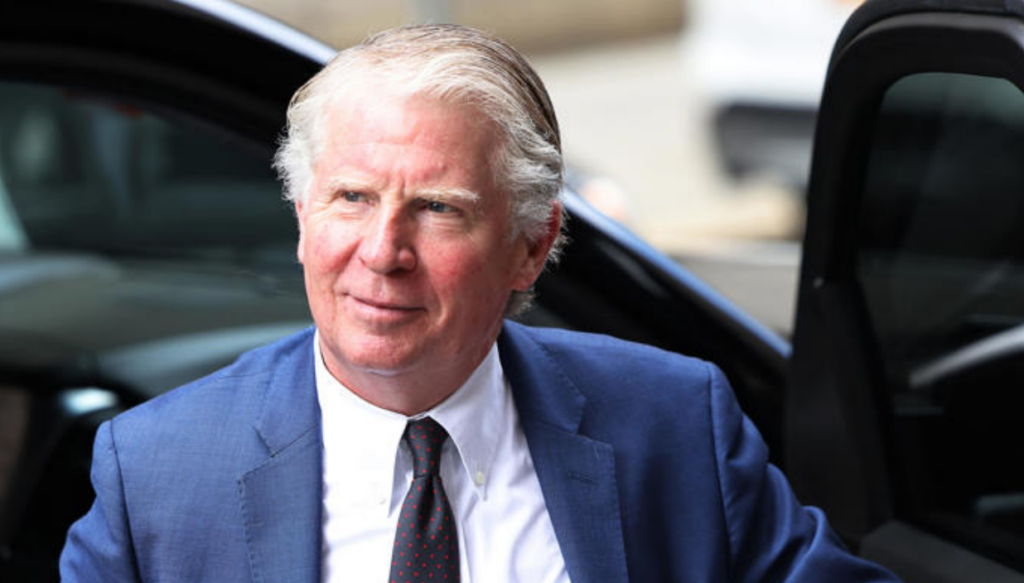
Seeking court rulings against the manufacturers makes legal and practical sense because prosecutions of ghost gun users likely won’t deter violence, said Kate Chatfield, acting chief of staff for San Francisco District Attorney Chesa Boudin.
“If we could arrest and incarcerate our way out of the gun problem, we wouldn’t have guns on the street now,” she said.
In the San Diego ghost gun shooting, which occurred in the Gaslamp area, Travis Fereydoun Sarreshteh, 33, is charged with one count of first-degree murder and four counts of attempted first-degree murder. He’s being held without bail.
The name of the student in the Brooklyn case has not been released. City authorities said he arrived late for classes on Dec. 1 at the Urban Assembly School for Law and Justice with a ghost gun and approximately $30,000 in a knapsack. A school employee spotted the gun and notified security officers.
During a news conference about the Georgia case, Sheriff Tim Pounds said Wilson Brandon Scott, 13, had been making firearms at home and selling them on the street. He fired when two customers grabbed weapons and fled. Scott’s 14-year-old sister, Kyra, was accidentally killed by one of the bullets.
“He was shooting at the folks who took his weapons,” said Pounds, who added that the teen “was able to make a weapon from start to finish.”
Loophole has created a market for DIY untraceable firearms
Ghost guns typically are composed of parts stamped from polymer or metal. The components lack the serial numbers required for firearms, which law enforcement agencies use to trace them from manufacturers to wholesalers and retailers, and to identify unlicensed purchasers. Those numbers can be used to link a suspect to a firearm in a criminal investigation.
Although federal and local laws regulate firearms purchases and use, a loophole in federal regulations has been interpreted by some to mean that the parts used to assemble privately-made weapons are not legally classified as firearms and don’t require serial numbers.
Legally, the frame or receiver that makes up the lower part of a handgun is considered a firearm if it is 80% or more complete. That makes it subject to federal safety regulations. If the parts are under 80% complete, the regulations don’t apply.
As a result, many companies freely market and sell ghost gun components online, without stamping serial numbers on the frame or receiver or conducting background checks on buyers.
And some companies make assembly relatively easy. Along with the frame or receiver, they sell separate kits with drill bits, other tools and instructions to complete the gun assembly. Buyers can sometimes assemble a fully functional firearm in under an hour.
The website of one company offers “build kits” for Glock-compatible handguns as a choice for “new shooters who aren’t familiar with building pistols.”
Although some state and local laws make such products illegal for buyers to possess, ghost guns have become increasingly prevalent during the last five years, prosecutors said.
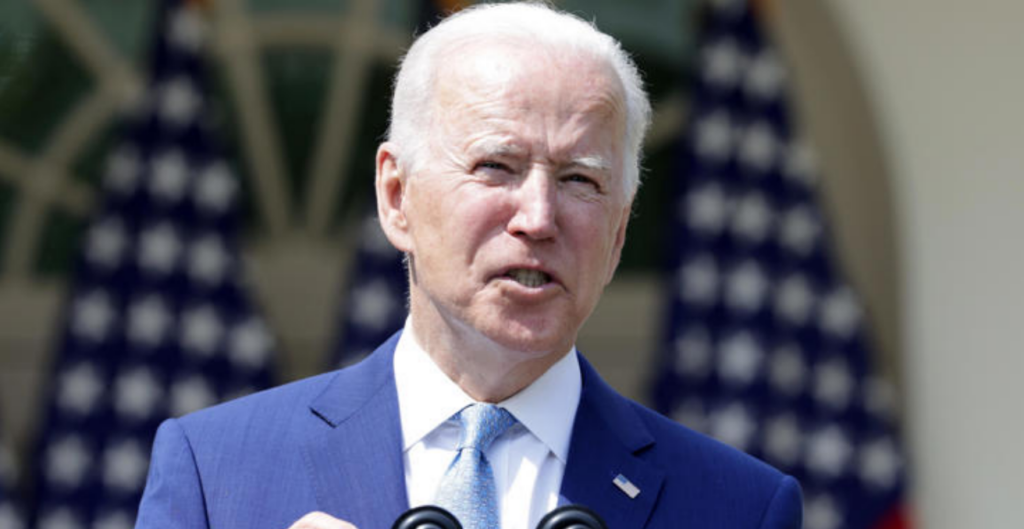
The Biden administration has proposed changing federal regulations to state that ghost-gun components are guns, and are subject to serial number and background check requirements. But the rule-making process isn’t expected to be completed until next year, and legal challenges are expected.
Criminals are using more ghost guns
“You have the worst of all worlds. Criminals are getting ghost guns because they can’t be traced, and the criminals don’t have to undergo background checks,” said Michael Feuer, the Los Angeles city attorney and a leader in the lawsuit that alleges more criminals are “choosing” ghost guns.
Data confirms that.
U.S. law enforcement agents recovered approximately 10,000 ghost guns nationwide in 2019, according to a search warrant application filed in federal court by the Bureau of Alcohol, Tobacco, Firearms and Explosives.
The numbers are rising in some municipalities. In 2019, 6% of the firearms recovered by the San Francisco Police Department in connection with homicides were ghost guns. Last year it topped 44%, according to the lawsuit filed by the city district attorney’s office.
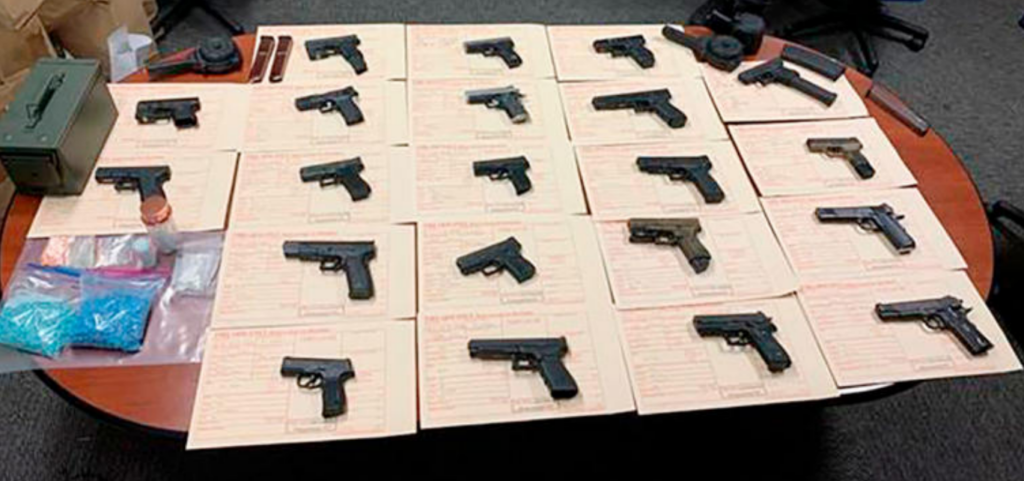
New York County hasn’t had as many ghost gun cases as San Francisco, but they have doubled in the last two to three years, said Vance, the Manhattan chief prosecutor. This year, the New York City Police Department has recovered 225 ghost guns through Dec. 3, surpassing last year’s total of 145, In 2019, officers recovered just 48.
“It is a rising threat that we shouldn’t ignore,” said Vance, who added that the higher numbers in California represent a warning for New York City and other cities.
Los Angeles, District of Columbia suits target Polymer80
The company named in the Los Angeles and District of Columbia lawsuits is Polymer80, the firm that was the subject of the ATF affidavit with the search warrant application. The Nevada-based firm’s website says the company enables firearms buyers “to participate in the build process, while expressing their right to bear arms.”
Polymer80, which has said the company’s operations are fully legal, did not respond to a voicemail from USA TODAY seeking comment on the lawsuits. The federal government has not accused the company of wrongdoing, and no charges have resulted from the ATF search warrant.
However, the ATF affidavit says a review of gun recoveries showed that firearms assembled from Polymer80 components have been used in hundreds of crimes across the United States.
In California, approximately 15 of the company’s handguns were recovered in homicide investigations in 2019, and eight were recovered in robbery investigations, the affidavit said.
“Many of the guns recovered in crimes in Los Angeles have come from Polymer80,” Feuer said. “It made suing them a pretty clear choice.”
The lawsuit accuses the company of violating the state’s unfair competition and public nuisance laws.
His office filed the lawsuit in February, with legal support from Everytown Law, the litigation arm of Everytown for Gun Safety Support Fund, a nonprofit dedicated to reducing the causes of gun violence. The private law firm of Quinn Emanuel Urquhart & Sullivan is aiding the case.
Representing the people of California, the lawsuit seeks an injunction to stop the sale of Polymer80 parts in the state and penalties against the company.
The District of Columbia lawsuit, filed in June 2020, alleges that Polymer80’s firearms products account for more than 83% of the ghost guns recovered by local law enforcement officers since 2017.
The lawsuit argues the company illegally sold District of Columbia consumers ghost gun components that are considered firearms under a local law. Polymer80 has made sales since late 2014 with statements that the products are legal, the lawsuit said. But a local law makes it illegal for District of Columbia consumers to receive the Polymer80 components, the suit says.
The company has halted sales in the District of Columbia as the case proceeds. Although Polymer80 has challenged the allegations, its motions to dismiss the case were denied.
California: The nation’s epicenter for ghost guns
Filed in August, the San Francisco lawsuit was joined by the California Attorney General’s Office in October. It targets three California companies that make ghost gun components: Blackhawk Manufacturing Group Inc., GS Performance LLC, and MDX Corporation.
The civil lawsuit argues that the companies’ sales undermine several laws, including California’s Unsafe Handguns Act. “A reasonable consumer relying on defendants’ representations could reasonably come to believe that it is lawful to privately manufacture a handgun from the parts and kits sold by the defendants, when it is in fact a crime to do so,” the lawsuit alleges.
Lawyers for the companies have asked the court put the case on hold until the ATF decides on the loophole. The firms argued in a court filing earlier this month that the ruling could clarify “whether ATF considers defendants’ products at issue here to be ‘firearms’ or not.”
As of early August, the San Francisco police crime lab had processed 154 ghost guns recovered during the year. That represented nearly 32% of all firearms recovered.
J. Adam Skaggs, chief counsel of the Giffords Law Center to Prevent Gun Violence, said California is the nation’s epicenter for ghost guns. That may be because the state is deemed “the hardest place for people who can’t get a gun, legally, to get a gun,” he said.
New Jersey used a different strategy to attack ghost gun sales.
In December 2018, then-Attorney General Gurbir Grewal sent cease-and-desist letters to ghost gun companies nationwide that sold to consumers in the state. The letters ordered them to stop the sales or face lawsuits. Fifteen companies agreed to end their sales in the state.
But one company, U.S. Patriot Armory, continued. Grewal sued James Tromblee Jr., the company’s chief executive, in 2019. In March, Tromblee agreed to pay a $70,000 settlement and stop sales in New Jersey.




